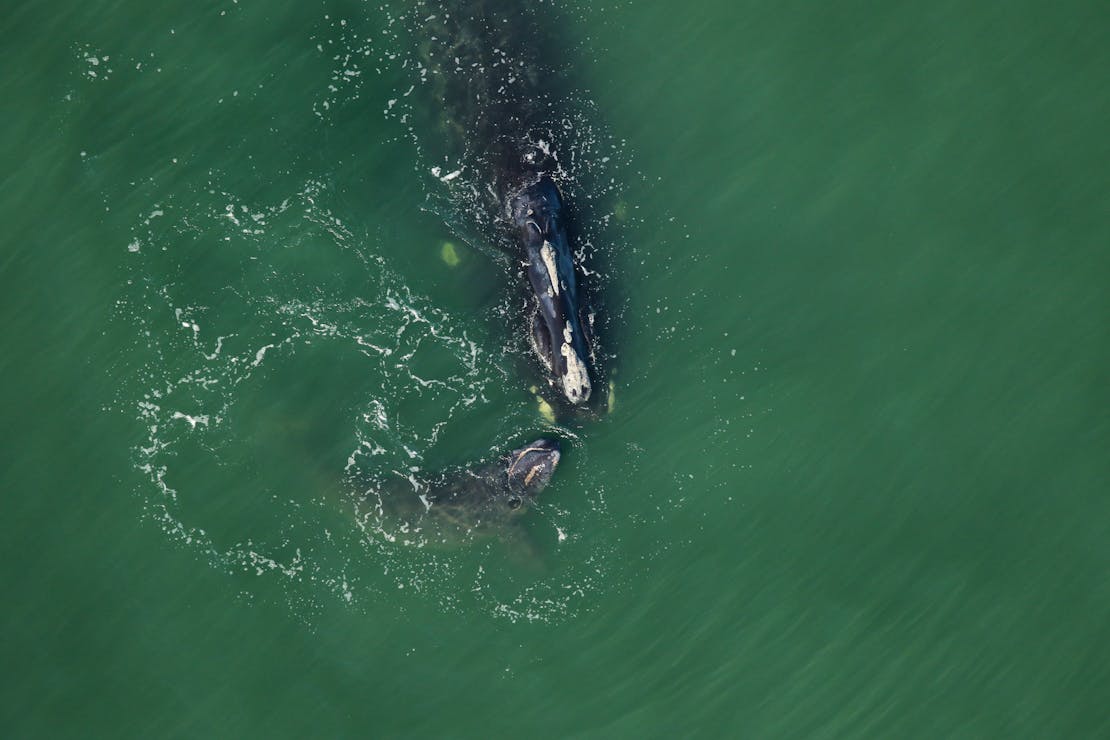Tweet“We need seasonal slowdowns to protect right whales in danger zones, just like we have lower speed limits to protect children near schools. Slowing down is the best way to reduce accidental collisions and protect both whales and human safety. NOAA Fisheries’ science-based rule is vital to the survival and recovery of this iconic species."
In response to today’s hearing on National Oceanographic and Atmospheric Association’s proposed changes to its 2008 vessel speed ruling, Jane Davenport, senior attorney with Defenders of Wildlife issued the following response.
“We need seasonal slowdowns to protect right whales in danger zones, just like we have lower speed limits to protect children near schools. Slowing down is the best way to reduce accidental collisions and protect both whales and human safety. NOAA Fisheries’ science-based rule is vital to the survival and recovery of this iconic species."
Earlier today, the Committee on Natural Resources, Subcommittee on Water, Wildlife and Fisheries held a hearing on “Examining the impacts of the National Oceanic and Atmospheric Administration’s proposed changes to the North Atlantic Right Whale Vessel Strike Reduction Rule.”
Vessel strikes are one of the two primary causes of death and injury for the critically endangered North Atlantic right whale. NOAA Fisheries’ proposal to amend an existing 2008 vessel speed regulation is designed to minimize the risk of lethal vessel collisions. Establishing slow speed zones for vessels 35 feet or greater in length in times and areas where the critically endangered North Atlantic right whale is particularly at risk of vessel strikes, could reduce vessel strike deaths in U.S. waters by up to 90 percent.
Slower speeds are also extremely important for right whale calving season as mother-calf pairs are especially vulnerable to strikes. Mother-calf pairs spend a considerable amount of time near the surface, making them more susceptible and vulnerable to vessel strikes, which cause death by bleeding and blunt force trauma. Because right whales are dark-skinned, lack a dorsal fin, and swim just below the surface, vessel captains rarely see them in time to avoid collisions.
With fewer than 340 surviving animals and 70 reproductive females, implementing targeted measures to reduce vessel speeds helps ensure the safety and survival of these vulnerable whales and is critical to the survival of the species.
For over 75 years, Defenders of Wildlife has remained dedicated to protecting all native animals and plants in their natural communities. With a nationwide network of nearly 2.1 million members and supporters, Defenders of Wildlife is a leading advocate for innovative solutions to safeguard our wildlife for generations to come. To learn more, please visit https://defenders.org/newsroom or follow us on X @Defenders.
Media Contact
News

Trump Administration Announces First Step in Rolling Back Rule Protecting Whales



